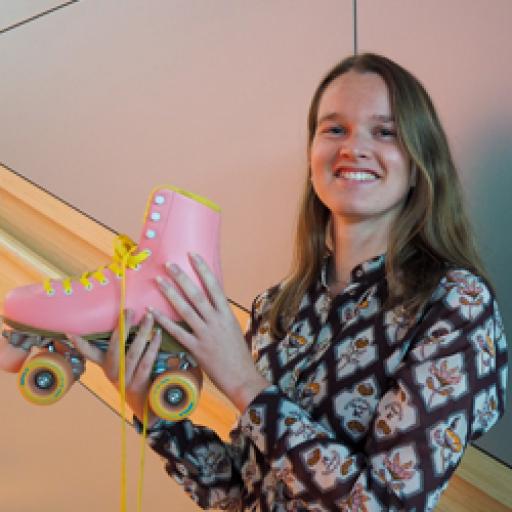In this project we explore how a collaborative design lab can be used to enhance collaborative skills and group performance in challenge-based design projects.
About the project
Engineers are increasingly required to work on complex design project in which successful problem-solving requires the collaborative efforts of a multidisciplinary team. As such, engineers are not only expected to hold domain specific expertise, but also to be able to successfully collaborate with others.
Challenge-based learning can help to prepare students for these practices, as it involves the joint design of a solution to a complex real-world problem. This creates an opportunity for students to develop industry-relevant design techniques and improve their ability to engage and sustain in productive collaborative processes.
In the current research project we aim to provide insights on how challenge-based learning in a collaborative design lab can be orchestrated in order to facilitate the development of collaborative skills and improve group performance.
Approach
A systematic literature review will be conducted in order to create an overview of how problem-driven collaborative design experiences are implemented in engineering education. Based on insights from literature, a challenge based learning experience will be iteratively designed and tested in various engineering courses. A design research approach will be used to investigate how features of the educational design, including activities, the environment and digital tools, affect students’ collaborative learning processes.
Expected outcomes
The desired outcome of this project is to provide design guidelines for challenge-based learning experiences within the context of engineering education. Specifically, we are interested in how features of an educational design can be leveraged to promote students’ ability to collaboratively design solutions to complex real-world problems
Partners
4TU.Centre for Engineering Education
Faculty of Aerospace Engineering - TU Delft





